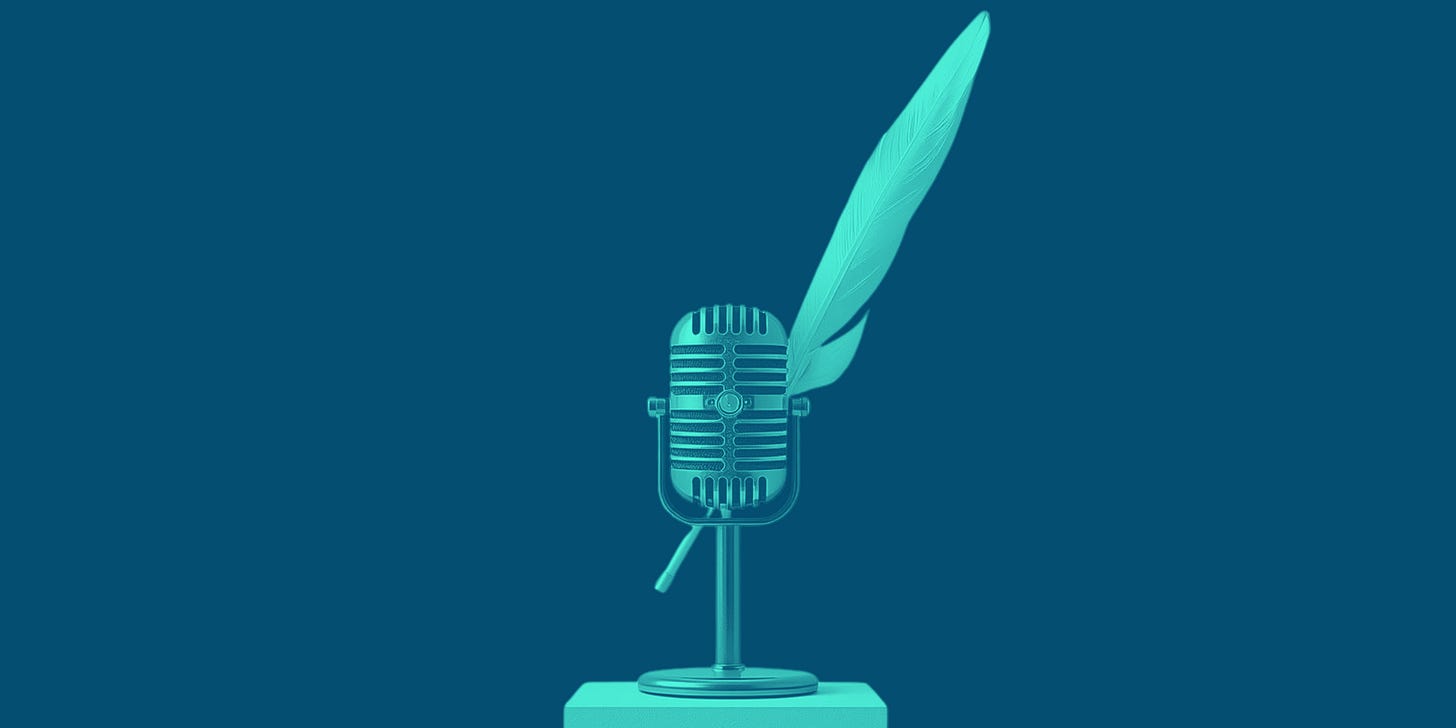Two Competing Histories of Free Speech
Fara Dabhoiwala’s new book tells one story of America’s “dangerous idea.” My own reading of history—and the record—tells another.
How can we best use history to make sense of the current challenges to free speech in America?
That was the question CNN recently asked me and Princeton historian Fara Dabhoiwala, who has just published a new book, What is Free Speech: The History of a Dangerous Idea, with a very different thesis than my Free Speech: A History From Socrates to Social Media.
In the CNN interview, I stress that censorship has most often been employed as a weapon against unpopular minorities and that persecuted groups have been essential in the crystallization of American free speech exceptionalism. I also express hope that popular support for free speech might be strengthened:
Mchangama, on the other hand, hopes the American left will look at the Trump administration today and dial back on efforts to control speech.
“Power changes hands,” Mchangama said.
New leaders have new ideas about which groups are worthy of protection, and which should be targeted, which is what we’re seeing right now with Trump.
Fabhoiwala recognizes that draconian crackdowns on communists, pacifists, and others during the Red Scares contributed to a more robust interpretation of the First Amendment, but nonetheless claims that:
“The sad truth is, free speech has always been a weaponized slogan, right from the outset, when it’s first invented in the early 18th century.”
He then goes on to say that under the Trump administration, “what we’re seeing is really a third Red Scare where once again, we have an authoritarian government trying to shut down political voices that it disagrees with.”
But then Dabhoiwala changes tack and claims that the free speech rights enjoyed by social media companies under the First Amendment and Section 230 of the Communications Decency Act are the real problem:
“We’re in such a mess because these providers don’t have any legal responsibility to the truth or to the common good, and they are happily monetizing and making giant amounts of profit out of spreading lies and untruths alongside truth and deliberation of a serious kind.”
Then – it seems – Dabhoiwala calls for further restrictions on free speech:
“The moment we say this is all just the same and free speech, say what you like, you open the door to vast quantities of misinformation, to manipulation by hostile outside actors, by politicians just bullshitting their way to power.”
This is a good example of the essential incoherence of Dabhoiwala’s book: When Trump restricts the free speech of his opponents, it is “authoritarian.” But when people with whom Dabhoiwala disagrees exercise their right to free speech, it constitutes “disinformation,” which should be exempt from protection.
In a new essay for Foreign Affairs, I review Dabhoiwala’s book in depth and explain why his understanding of free speech is historically flawed, and why the cure he prescribes is worse than the disease he imprecisely diagnoses by confusing symptoms with the underlying cause.
Here are a couple of block quotes from the piece, which I hope you’ll consider reading in its entirety.
Ultimately, Dabhoiwala’s account—both grievance-driven in its reading of the First Amendment and uncritical in its praise of European restrictions—is profoundly distorted. Its selective telling of history obscures a basic truth: across centuries, free speech has been a genuine engine of emancipation, not merely a contingent privilege. Especially now, as supposed champions of free speech seek to suppress it in the United States, it is crucial to reinforce the principle’s real meaning rather than let those who wield it cynically strip the public’s faith in its potential. Free speech has repeatedly offered the powerless a peaceful way to challenge the powerful—a legacy illuminated by key episodes in U.S. history that Dabhoiwala mostly ignores.
In other words, the defenders of American free-speech exceptionalism have not principally been “propertied white men.” They have often been the descendants of those who had been enslaved, excluded, and persecuted—people who were rightly distrustful of government power. Their belief in the value of free speech arose from firsthand exposure to the trauma of racist violence and the bitter consequences of empowering the state to decide who can be silenced.
Jacob Mchangama is the Executive Director of The Future of Free Speech and a research professor at Vanderbilt University. He is also the author of Free Speech: A History From Socrates to Social Media.



